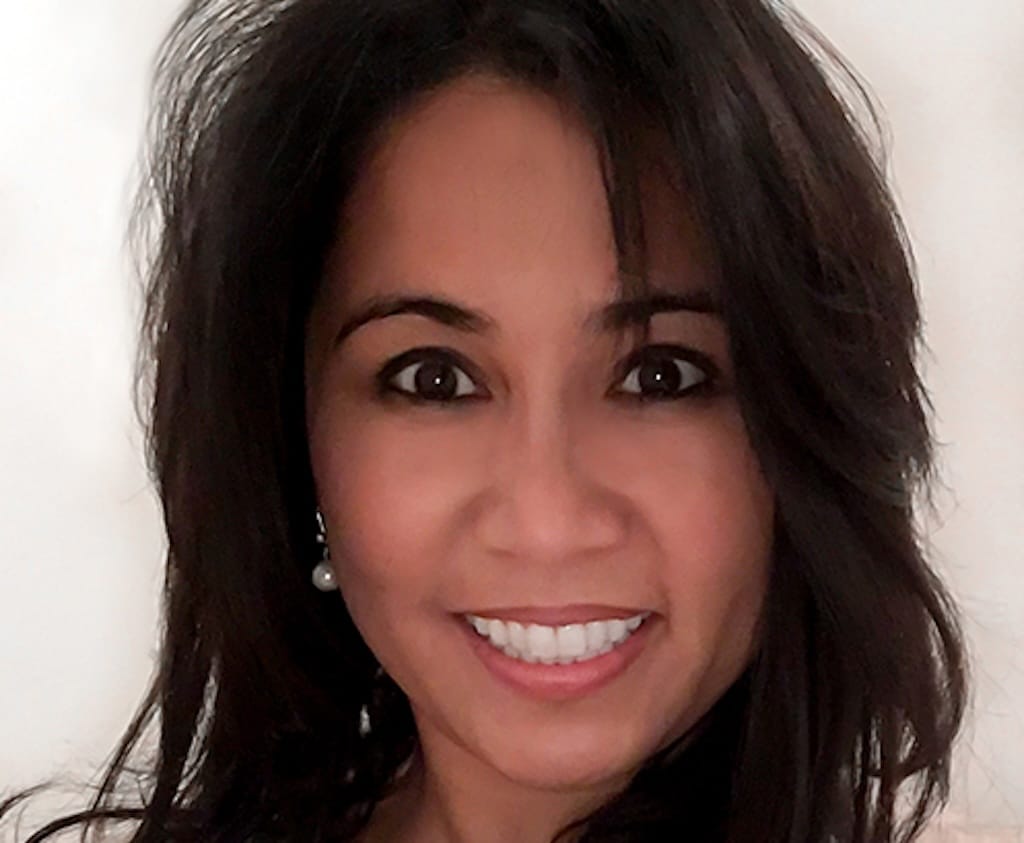Charter Hands Back Thousands of RDOF Locations in Three States
The company turned in 133 census block groups in all, representing about 2% of Charter’s RDOF locations.

WASHINGTON, April 25, 2024 – Problems with a major federal broadband subsidy program continue to mount, with broadband ISPs blaming unexpected cost hikes and permitting delays as high barriers that have made thousands of rural areas uneconomical to serve.
The most recent case is Charter Communications in a filing with the Federal Communications Commission saying it would surrender locations in three states it won in the agency's multibillion dollar Rural Digital Opportunity Fund reverse auction held in 2020.
Charter said it was returning “a very small percentage of census block groups (CBGs) in Michigan, Missouri, and Wisconsin due to unforeseen circumstances that are beyond Charter’s control.”
The company turned in 133 CBGs in all, representing “approximately 2.4% of Charter’s RDOF locations,” the company said.
According to the FCC’s website, Charter was “assigned the most locations” in the RDOF auction at just over 1.05 million. That suggests Charter gave back about 25,200 locations in the three states – a figure it did not specify in the filing.
Charter’s filing – signed by Elizabeth Andrion, Senior Vice President of Regulatory Affairs, and addressed to Trent Harkrader, Chief of the FCC’s Wireline Competition Bureau – was also left undated, but it appeared to be a new and original communication posted on the agency's website Thursday. Emails sent to two Charter officials to confirm key details of the filing were not returned at our deadline.
Charter’s RDOF decision is significant because the company is the second-largest broadband ISP in the country with 30.5 million Internet subscribers in 41 states. The company reported $54.6 billion in 2023 revenue.
In the filing, Charter assigned blame for its RDOF default on “unforeseeable costs, primarily costs associated with the need for extensive utility pole replacements.” As a result, “deploying broadband in these few specific CBGs has become uneconomical.”
Charter has been flagging pole attachment delays as an obstacle to broadband infrastructure deployment for years.
“Despite years of consistent reiteration by the [FCC] that cost-sharing principles apply to pole replacements, utilities generally have not been willing to share cost responsibility for pole replacements, and at best their practices are inconsistent, as the [Wireline Competition] Bureau has observed,” Charter’s filing said.
Under the RDOF rules, companies that surrender locations without building out to the locations they promised to service can be deemed in default and subject later to fines, which, based on a sliding scale, can add up to 1.75 times the average support per location received, in addition to 10% of the total support authorized for the ISP, as Broadband Breakfast has previously reported.
Under the RDOF rules, the Universal Service Administrative Co. is to terminate support for relinquished locations.
“Charter understands that it will no longer be entitled to receive further RDOF support for the surrendered CBGs and will be required to return support for these CBGs already received,” the company said.
The company said it would reserve and retain “its right to seek relief from any penalties, including waiver of the [FCC’s] rules, as well as seek other relief as may be necessary.”
The FCC’s RDOF auction awarded $9.2 billion over 10 years to broadband ISPs to close the digital divide in 49 states containing 5.2 million locations by offering minimum download speeds of 100 megabits per second (Mbps).
In late February, a coalition of RDOF winners facing some of the same obstacles as Charter asked the FCC to establish a brief amnesty period allowing the surrender of RDOF locations with minimal penalties. The idea is that these locations would become eligible for funding under the $42.45 Broadband Equity, Access, and Deployment (BEAD) Program run by the Commerce Department’s National Telecommunications and Information Administration.
“Charter is working with Michigan, Missouri, and Wisconsin to confirm that locations in the affected CBGs are eligible in their final BEAD eligibility maps, provided they remain unserved or underserved,” Charter said.










